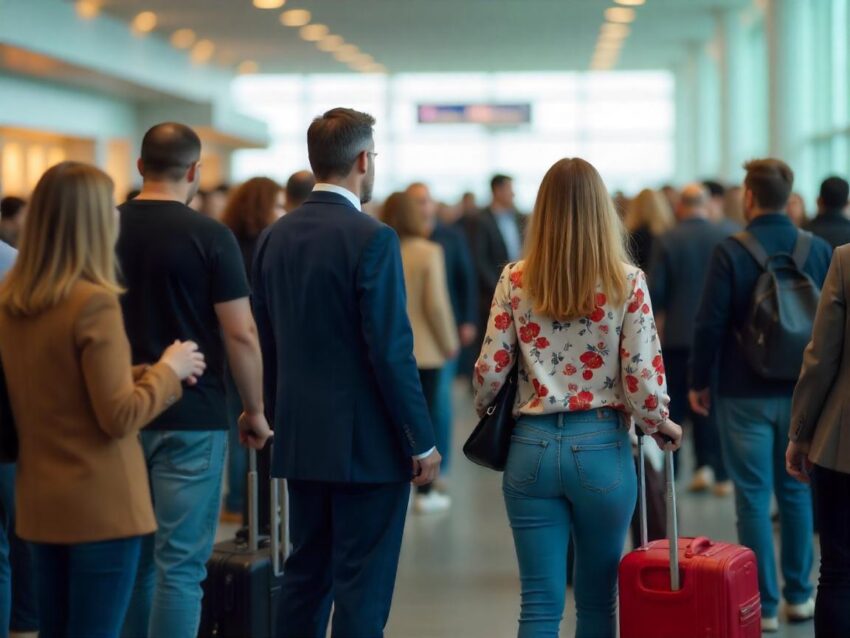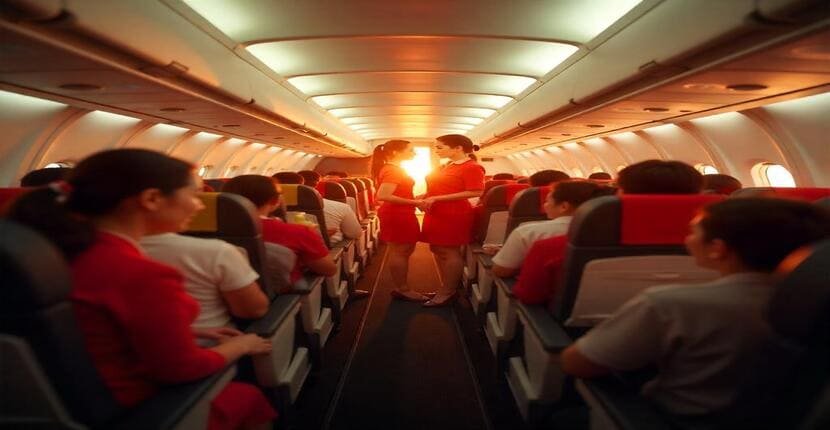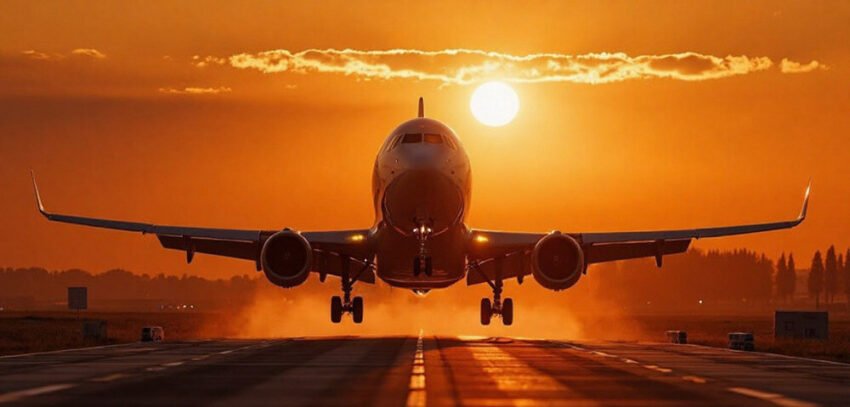Saturday, June 14, 2025

The United Kingdom is at a pivotal moment in shaping the future of air passenger rights, as it considers aligning with a controversial European Union proposal that could dramatically alter existing compensation rules for flight delays and cancellations. If implemented, the reforms would reduce payout amounts, extend the minimum delay time required for eligibility, and potentially introduce new baggage fees—moves critics warn could significantly weaken consumer protections. This proposed overhaul has triggered widespread concern among travel advocacy groups and industry experts, who argue that such changes would erode accountability and leave millions of passengers with fewer rights and less recourse when disruptions occur.
UK Faces Turbulence Over Proposed Airline Compensation Reforms as EU Pushes for New Regulations
The United Kingdom may be on the verge of a major shift in air travel regulation, with growing concerns that it could follow the European Union’s controversial path toward reducing passenger compensation for delayed and cancelled flights. As the EU advances a proposal to overhaul its long-standing Regulation 261/2004, a key pillar of air passenger protection for the last two decades, travel rights advocates and industry experts are warning of potential consequences for British travelers should the UK mirror these changes.
Currently, UK261—Britain’s post-Brexit version of the EU’s Regulation 261/2004—largely mirrors the EU law. It entitles passengers to financial compensation when flights are delayed or cancelled under certain conditions. However, recent developments in Brussels have ignited fears that passenger rights may be eroded on both sides of the Channel if similar revisions are adopted in the UK.
EU’s Draft Reform Sparks Widespread Alarm
Last week, EU transport ministers voted in favor of a draft reform to Regulation 261/2004. If passed by the European Parliament, this new legislation would fundamentally alter compensation rules, delay thresholds, and airline responsibilities. The most immediate change would be a reduction in compensation payments for disrupted flights.
For example, compensation for long-haul delays or cancellations could drop from €600 to €500. Meanwhile, flights under 3,500 kilometers would all receive a flat compensation of €300—whether passengers previously qualified for €250 or €400, depending on distance. Critics argue that this one-size-fits-all approach may disadvantage many travelers, especially those who were previously entitled to higher amounts under the tiered system.
One of the more controversial changes concerns the length of delay required to trigger compensation. Currently, passengers can claim compensation after a delay of three hours. Under the new proposal, long-haul travelers would need to wait at least six hours, while those on shorter routes would become eligible only after four hours. This shift effectively weakens the timeliness accountability airlines are currently held to.
UK Warned Not to Adopt Similar Measures
Although the proposed changes apply to the EU, there is increasing pressure on the UK government not to replicate them. Aviation legal experts have urged Labour and other political parties to preserve the current consumer protections embedded in UK261.
If the UK follows suit, millions of British passengers could face longer waits, fewer compensation opportunities, and reduced reimbursement amounts. This has sparked concerns about the UK potentially backsliding on passenger rights just as travel demand continues to rebound in the post-pandemic era.
Consumer rights groups fear that passengers may soon shoulder additional burdens, not just in reduced compensation but in the form of increased ancillary charges. One example is the newly redefined “free” hand luggage. According to the EU’s draft reform, only a small personal item measuring up to 40x30x15 cm that fits under the seat in front would be considered exempt from charges. Anything larger, including many standard cabin bags, could come with a fee—something that may soon become the norm if adopted in the UK as well.
Industry Reactions Highlight Divisions
While airlines across Europe have long lobbied for regulatory changes that reduce their financial liability, passenger advocacy organizations have pushed back hard against the reforms. They argue that the proposed measures prioritize airline profitability over consumer fairness, especially as delays and cancellations have become increasingly common across the continent.
Some airline representatives view the changes as a necessary update to outdated laws that, they claim, imposed disproportionate costs on carriers for minor delays. However, passenger rights campaigners point out that compensation serves as a vital deterrent against poor service and overbooking, and should not be weakened.
The proposed regulation has not yet been finalized. It now heads to the European Parliament, where it will undergo further debate and potential amendment. The final outcome remains uncertain, but the direction of the reform signals a wider shift in how governments across Europe—potentially including the UK—balance corporate flexibility with consumer protection.
The UK may follow the EU in slashing airline compensation, sparking fears of weakened passenger rights, reduced payouts, and longer delay thresholds.
The Road Ahead for the UK
With the EU pressing forward, the UK faces a critical decision: maintain its current level of air passenger protection or align with the EU’s more lenient framework. This choice will not only affect the practical experiences of British travelers but also signal the government’s stance on consumer rights in a post-Brexit regulatory landscape.
Travelers, advocacy groups, and legal experts will be watching closely to see whether UK legislators choose to defend existing rights or open the door to an era of diminished protections in the name of regulatory alignment and industry reform.
If the UK opts for the latter, it could mark a dramatic turning point for air passengers who, for the last 20 years, have relied on comprehensive compensation rules to hold airlines accountable. As the debate continues, the future of UK air travel regulation hangs in the balance—raising critical questions about fairness, accountability, and consumer confidence.









